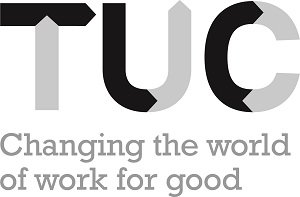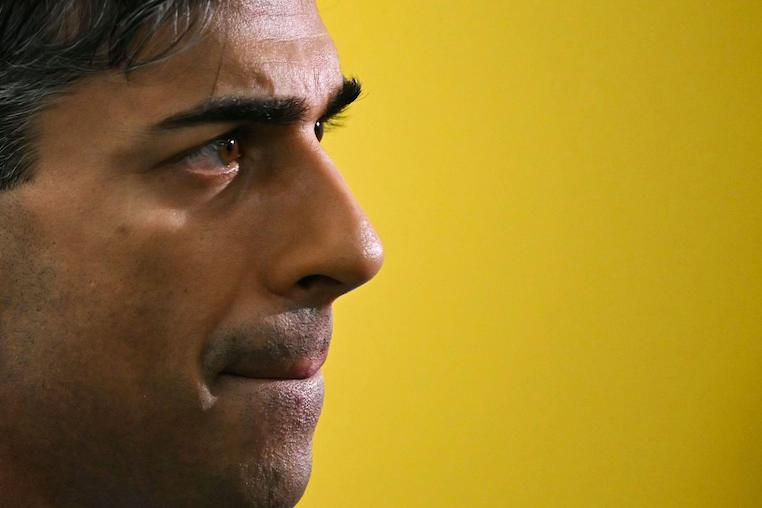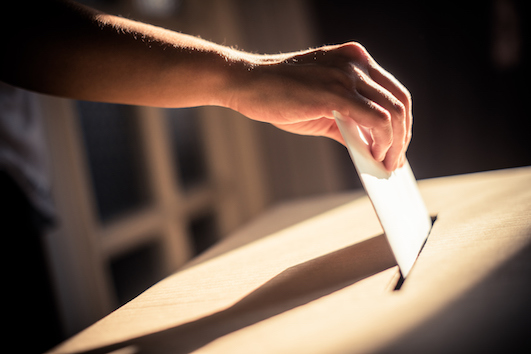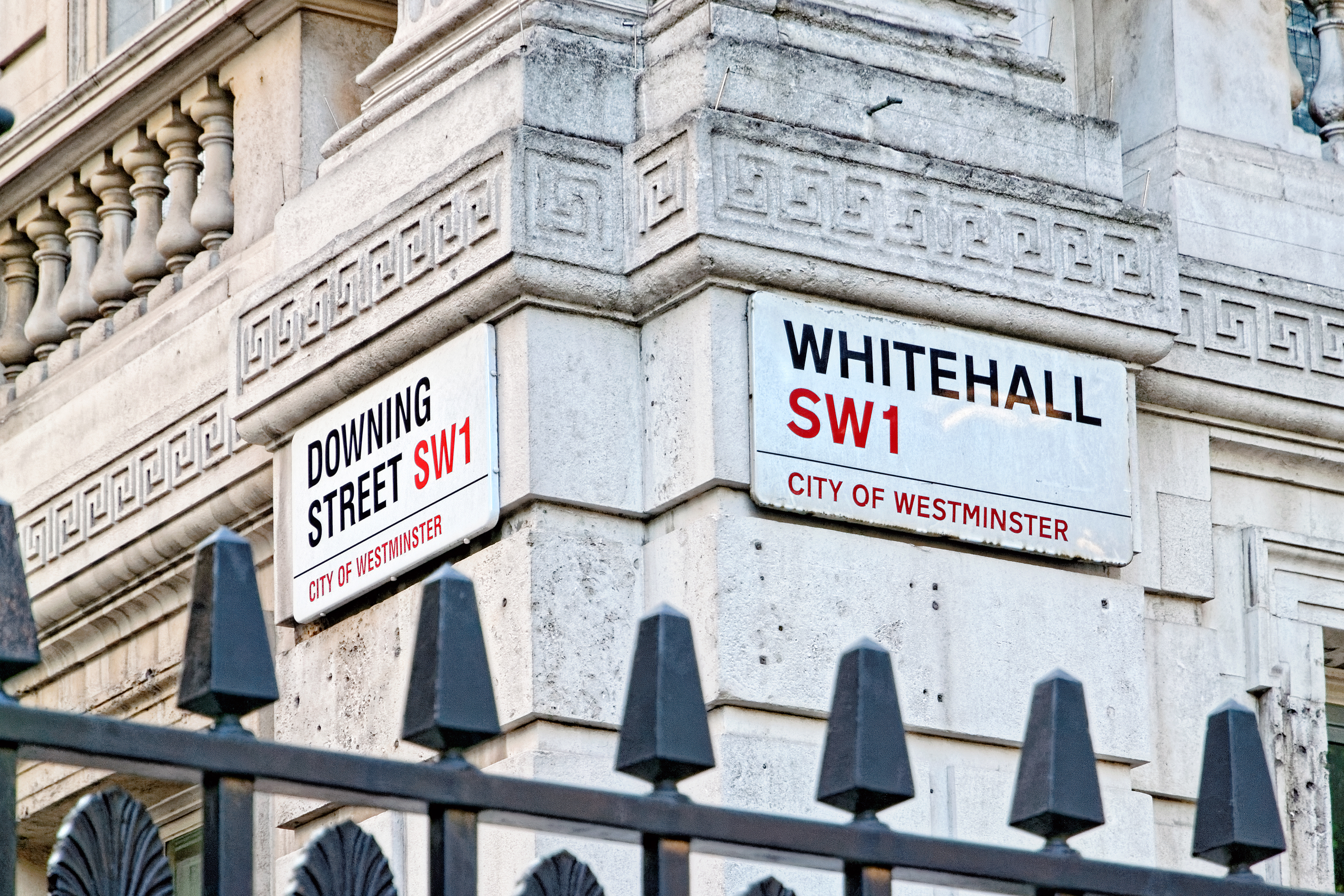Is smacking legal?
In England and Northern Ireland, smacking remains legal when used by parents in accordance with the reasonable chastisement defence.
In 2020 a legislative ban on smacking came into effect in Scotland .The new law means that the so-called “justifiable assault” defence is no longer available, and children have the same legal protection from assault as adults.
Following a decision by the Senedd Cymru in Cardiff, a similar ban will come into force in Wales in 2022.
As an officially administered or sanctioned method of enforcing discipline, corporal punishment is in decline. Social scientists are virtually unanimous that physical chastisement has more negative than positive effects. Over the last few decades this has led to the prohibition of corporal punishment across schools and the justice system.


There is now a political debate about whether smacking of children in the home should be prohibited.
Sweden was the first country in the world to ban smacking in the home when it outlawed corporal punishment in 1979. By the start of the Twentieth Century, some 7 countries had introduced a ban, including Sweden, Finland, Norway, Austria, Cyprus, Denmark, and Latvia. Germany prohibited the practice in 2000.
In the early part of the Twenty First Century, the momentum against smacking increased, and as of 2020, some 61 countries had prohibited the practice.
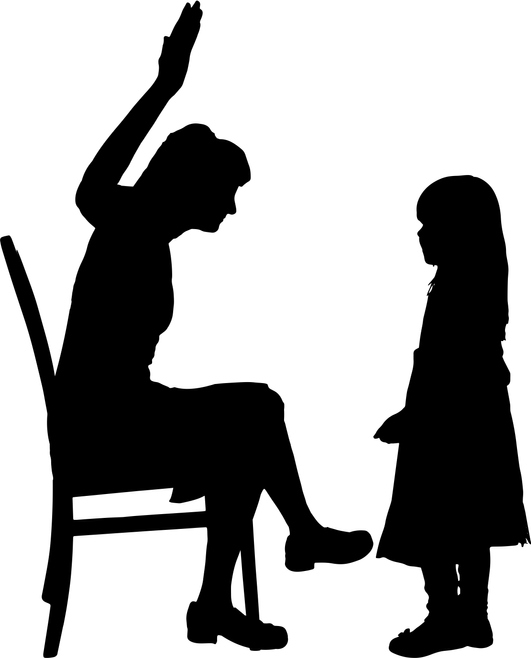
A ban on the smacking of children has now been passed in Wales and Scotland.
Should smacking children be made illegal?
The debate around the prohibition of the parental smacking of children is highly emotive.
Those calling for a full ban, such as recent campaigners in Scotland and Wales, argue that smacking constitutes straight forward violence against vulnerable children, and that this no longer acceptable in the modern age.
When introducing plans for a ban in the Scottish Parliament, Green MSP John Finnie, himself a former police officer, argued that “physical violence has no place in 21st century Scotland”.
Finnie went on to argue that, “It is staggering that our smallest and most vulnerable citizens are the only people who do not currently have this protection, and now is the time to rectify that”.
Supporters of a smacking ban also cited research that examined the views of children on smacking, claiming that the practice hurts and upsets them, and yet does not always stop bad behaviour. The Association of Educational Psychologist argues that smacking is harmful to children’s mental health.
In Scotland, opposition against the smacking ban was led by the ‘Be Reasonable Scotland’ group, which called the proposed ban ‘draconian’. The group argued that the existing law only allowed parents to use “very mild discipline” on children, and warned that the law change would risk criminalising loving parents who presented no risk to their children”.
How widespread is the smacking of children?
“Researchers estimated that between 70% and 80% of parents in the UK had used physical punishment, with children aged between three and seven the most likely to be smacked” – Findings of the Report, ‘Equally Protected? A review of the evidence on the physical punishment of children’, 2015.
In 2021, 61 states around the world have made smacking children illegal in any setting, including the home. Corporal punishment is illegal in schools in a total of 132 countries. [Source – Global Initiative to End All Corporate Punishment of Children].
Only 13% of the world’s children are fully protected in law from all corporal punishment. Governments of 111 states are not currently committed to law reform. In 64 countries, corporal punishment has not been fully prohibited in schools. [Source – endcorporalpunishment.org]
In 31 states, corporal punishment – whipping, flogging, caning – is still lawful under state, traditional and/or religious law as a sentence for crimes committed by juveniles: Afghanistan; Bahamas; Bangladesh; Barbados; Botswana; Brunei Darussalam; Colombia; Dominica; Ecuador; India; Indonesia; Iran; Kiribati; Libya; Malaysia; Maldives; Mauritania; Nigeria; Pakistan; Qatar; Saudi Arabia; Singapore; Somalia; St Vincent and the Grenadines; State of Palestine; Tonga; Tuvalu; United Arab Emirates; UR Tanzania; Vanuatu; Yemen. – [Source – endcorporalpunishment.org]
The history of corporal punishment
The infliction of physical pain as an official means of punishment is as old as human history.
In the UK’s schools and prisons, until relatively recently, physical punishment was perceived as part of the educative and disciplinary process, and was often viewed as ‘character building’.
Although the various methods of corporal punishment were steadily outlawed throughout the 20th Century, it was not until after the 1967 Plowden report, ‘Children and their Primary Schools’, that the abolition of corporal punishment in state schools was treated as a major issue, and in 1986 it was outlawed altogether.
It was not until 1998 that corporal punishment was outlawed for the few remaining independent schools that retained the practice
In 1995 the Committee on the Rights of the Child, after examining the UK’s first report under the UN Convention on the Rights of the Child, recommended that corporal punishment in the family should be prohibited, and criticised the existence of the defence of “reasonable chastisement”.
Following the 1997 case of A v. UK in the European Court of Human Rights, which found that the defence of ‘reasonable chastisement’ did not provide sufficient protection for the rights of the child, the Government promised a review.
The issue of corporal punishment must now be considered in light of the Human Rights Act 1998. Article Three in the European Convention of Human Rights also contains provisions in relation to protection against torture, inhuman or degrading treatment or punishment.
Section 58 of the Children Act 2004 removed the reasonable chastisement defence for parents or adults acting in loco parentis where they are charged with wounding, causing grievous bodily harm, assault occasioning actual bodily harm or cruelty to children.
However, the reasonable chastisement defence remains available for parents and adults acting in loco parentis charged with common assault. Under the Act, parents are currently allowed to smack their children as long as it doesn’t leave visible bruising, grazes, scratches, minor swellings or cuts.
In early 2010, the Government commissioned Sir Roger Singleton, then Chief Adviser on the safety of children, to produce an independent report on physical punishment. Sir Roger’s report, published in March 2010, recommended that:
“The Government should continue to promote positive parenting strategies and effective behaviour management techniques directed towards eliminating the use of smacking. Parents who disapprove of smacking should make this clear to others who care for their children.”
https://www.politics.co.uk/news/2003/06/24/government-urged-to-ban-smacking/
Quotes
“This law sets out in clear terms that physical punishment should no longer be part of childhood in Scotland and it marks a momentous step in making it a country where children’s rights are truly recognised, respected and fulfilled.” – Joanna Barrett of the NSPCC, speaking in 2020.
“In the years ahead, loving parents who have had no contact with the authorities previously and who present no risk to their children will face stressful intervention, blacklisting on police databases and even criminal records for smacking. The majority of Scots see this as an injustice, not a positive change.” – Be Reasonable Scotland Group, during the debate around the smacking ban in Scotland.
“Corporal punishment of children breaches their fundamental rights to respect for their human dignity and physical integrity. Its legality breaches their right to equal protection under the law. Urgent action is needed in every region of the world to respect fully the rights of all children – the smallest and most fragile of people.” – Global Initiative to End All Corporal Punishment of Children
“Parties shall take all appropriate legislative, administrative, social and educational measures to protect the child from all forms of physical or mental violence, injury or abuse, neglect or negligent treatment, maltreatment or exploitation” – Article 19, of the Convention on the Rights of the Child, 1989.

